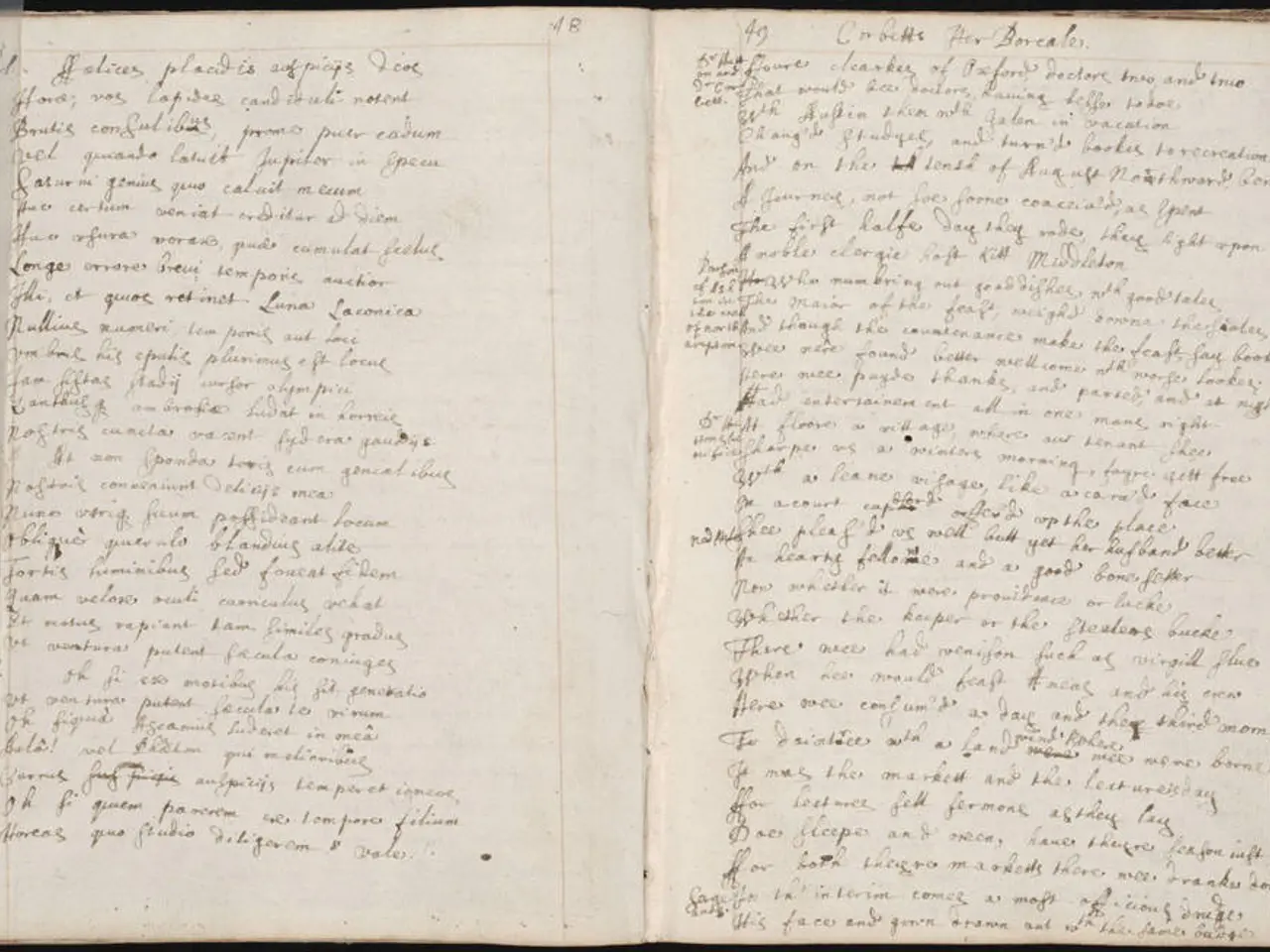International Collaboration Evolution: Artificial Intelligence and Open Source Infrastructure
At the upcoming AI Action Summit, a pivotal discussion will take place, aiming to promote a more inclusive future and foster equity in the realm of artificial intelligence (AI). The event, hosted by PSIA, will focus on the transformative potential of open-source AI, with a particular emphasis on bridging global compute disparities and ensuring transparency [1].
Leading the discussion will be Dean Arancha González, who will moderate the event. Joining her will be esteemed participants such as Maria Ressa, a Nobel Laureate and journalist, and Vilas Dhar, President of the Patrick J. McGovern Foundation. Alessandra Pereira Hermida, a PSIA student on the Master in International Security, will introduce the discussion [2].
The discussion will delve into the role of open-source AI in promoting equity, addressing disinformation, and democratizing access. Open-source AI can lower barriers to access by providing transparent, modifiable tools that serve diverse communities and amplify marginalized voices [3]. This democratization enables equitable participation in technology development and application, reducing digital divides.
In the fight against disinformation, Maria Ressa, known for her fight against digital disinformation, will highlight the use of AI to track, expose, and combat coordinated disinformation campaigns. Open-source AI tools enable journalists, watchdogs, and civil society to collaboratively develop fact-checking and deepfake detection technologies, amplifying media literacy and public awareness [2][3].
Dean Arancha González will emphasize the importance of open collaboration and global partnerships to ensure AI benefits are shared widely, particularly in developing regions. Open-source AI frameworks foster innovation around local needs and reduce reliance on proprietary, often costly, AI systems [3].
The discussion will also explore the role of credible AI systems in shaping narratives. Vilas Dhar, President of the Patrick J. McGovern Foundation, will contribute his insights on this topic [1].
In summary, the discussion at the AI Action Summit advocates for transparent, ethically guided AI development that empowers communities, protects democratic discourse from manipulation, and expands AI's benefits beyond elite or corporate control to promote a fairer, informed information ecosystem [3]. This aligns with ongoing policy efforts emphasizing digital literacy, responsible AI use, and inclusive governance frameworks [1][3].
References: [1] Canadian Government. (2021). Artificial intelligence and the future of your work. Retrieved from https://www.canada.ca/en/employment-social-development/services/ai-future-work.html [2] Ressa, M. (2021). Time to regulate social media, says Nobel Peace Prize winner Maria Ressa. Retrieved from https://www.cnbc.com/2021/12/10/time-to-regulate-social-media-says-nobel-peace-prize-winner-maria-ressa.html [3] World Economic Forum. (2021). The ethics of AI: A roadmap for policymakers. Retrieved from https://www.weforum.org/reports/ethics-ai-roadmap-for- policymakers
Artificial Intelligence (AI) is a crucial part of the discussion at the AI Action Summit, where inclusivity, equity, and transparency in AI development are the main themes. Leading this conversation will be Dean Arancha González, along with participants like Maria Ressa and Vilas Dhar, who will focus on the role of open-source AI in promoting equity, fighting disinformation, and democratizing access.




